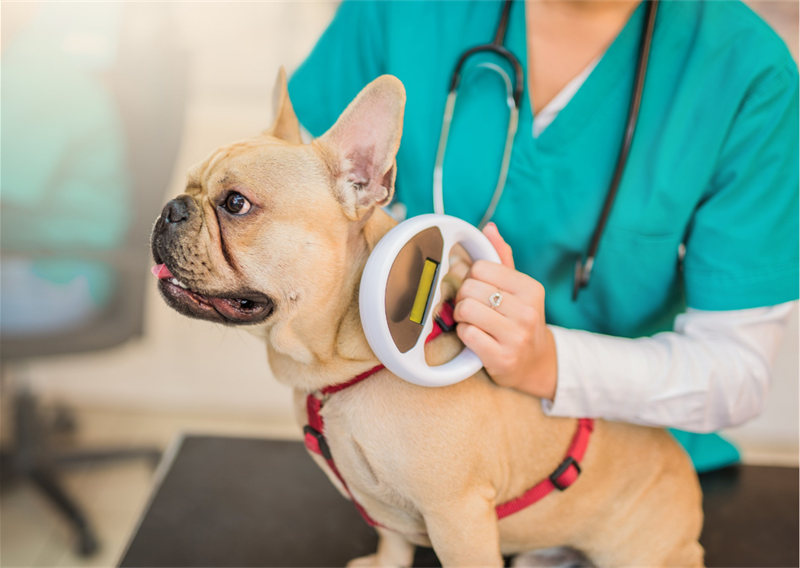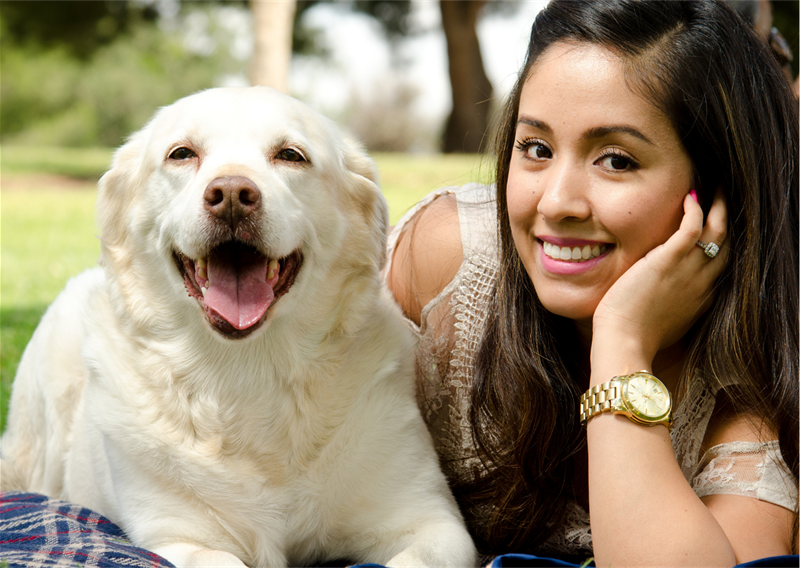Pet Ownership
We recognise that animals can bring much joy to family life. For the benefit of both pet and owner, West Wimmera Shire Council endorses Responsible Pet Ownership. This includes abiding by Council laws regarding walking your dog and disposing of their waste appropriately.
Microchipping

A microchip is a great way to ensure your pet is permanently identified as yours. This means that if your pet gets out or becomes lost, they have a greater chance of being returned to you.
What is microchipping?
A microchip is a small computer chip with a unique number on it. It is the size of a grain of rice. It is put into the loose skin of an animal's neck. Microchipping takes a few seconds, is painless and is a permanent identification method for your pet.
After microchipping, the vet gives information about your pet, and your name and address to the Australian Animal Registry.
A microchip is a great way to ensure your pet is permanently identified as yours. This means that if your pet gets out or becomes lost, they have a greater chance of being returned to you.
Microchipping is not a substitute for Council pet registration.
On May 1 2007, it became mandatory that all cats or dogs which are being registered for the first time must be microchipped prior to registration.
Where to get your pet microchipped?
Pounds and vets provide microchipping.
Keep your pets records up to date
If you change your address, contact details or need to update your information, you must notify Council to ensure your animal has accurate contact details.
Microchip Provider
If you change your address, contact details or need to update your information, you must also notify the microchip register.
Animal Limitations
Council is responsible for ensuring animals are safe and are kept by their owners to the standard set out in Local Law 11.1 – Keeping Animals. Under this law, owners are required to keep animals within the perimeters described below for any particular animal.
Dogs
Land 0.4 hectares of less - 2
Land greater than 0.4 hectares - 4
Cats
Land 0.4 hectares of less - 2
Land greater than 0.4 hectares - 4
Poultry
Roosters
Land 0.4 hectares of less - 1
Land greater than 0.4 hectares - 1
Other poultry
Land 0.4 hectares of less - 10
Land greater than 0.4 hectares -10 or more
Birds such as cockatoos
Land 0.4 hectares of less - 1
Land greater than 0.4 hectares - n/a
Ferrets, guinea pigs, rabbits or rodents
Land 0.4 hectares of less - 5
Land greater than 0.4 hectares -5 or more
Reptiles
Land 0.4 hectares of less - 2
Land greater than 0.4 hectares - 2 or more
Horses
Land 0.4 hectares of less - 0
Land greater than 0.4 hectares - 2
Livestock
Sheep
Land 0.4 hectares of less - 0, except up to four sheep may be kept on land during the declared fire danger period
Land greater than 0.4 hectares - 2, except up to four sheep may be kept on land during the declared fire danger period
Alpacas and goats
Land 0.4 hectares of less - 0
Land greater than 0.4 hectares - 2
Cows
Land 0.4 hectares of less - 0
Land greater than 0.4 hectares - 1
Pigs
Land 0.4 hectares of less - 0
Land greater than 0.4 hectares -0
The offspring of any dog or cat lawfully kept will be exempt for a period of 12 weeks after their birth.
Special Permit
If you feel that there are special circumstances in regards to your individual situation that sit outside of the above regulations, you will need to complete a Community Local Law Application for Permit form. Once the request is received, the responsible officer will assess the appropriateness of the request. This may entail a visit to your premises and contacting neighbours in order to gather information about your individual situation.

Restricted Breeds
The following breeds of dog are restricted within West Wimmera Shire and cannot be kept:
- American Pit Bull Terrier (or Pit Bull Terrier);
- Fila Brasileiro;
- Japanese Tosa;
- Dogo Argentino;
- Perro de Presa Canario (or Presa Canario).
These breeds are considered an unacceptable risk to community safety, whether or not an individual dog has attacked a person or another animal, or displayed signs of aggression. Penalties apply for violations.